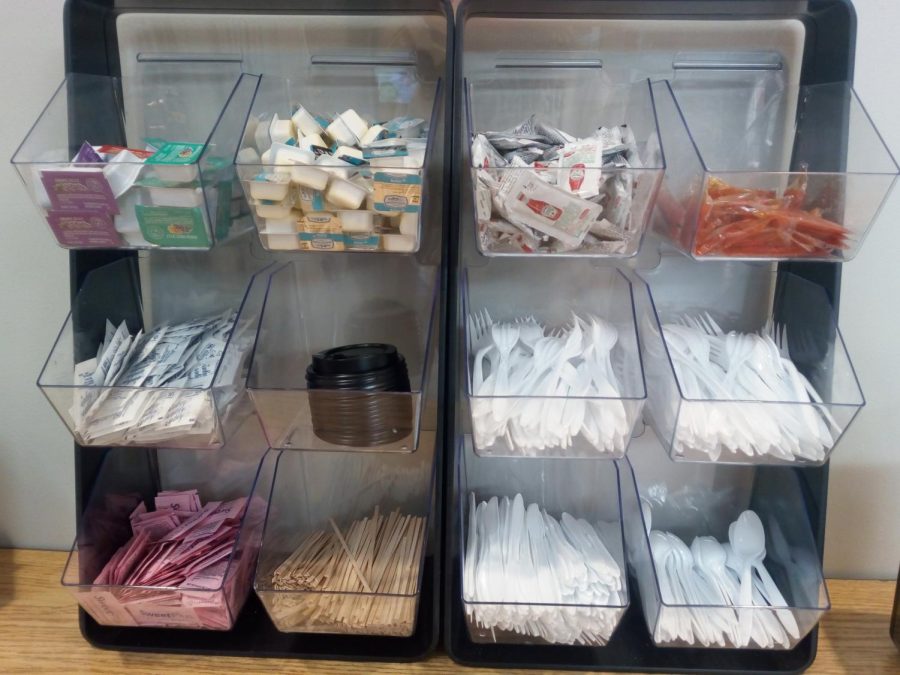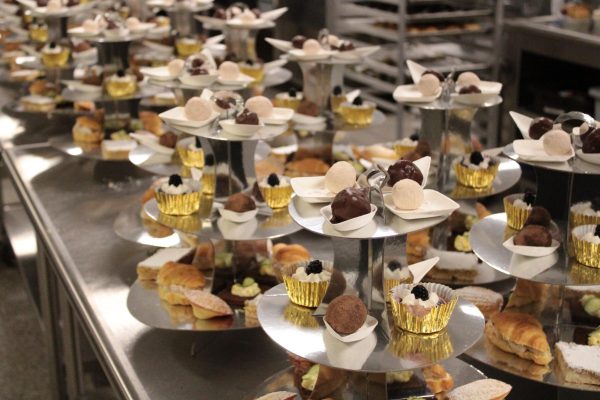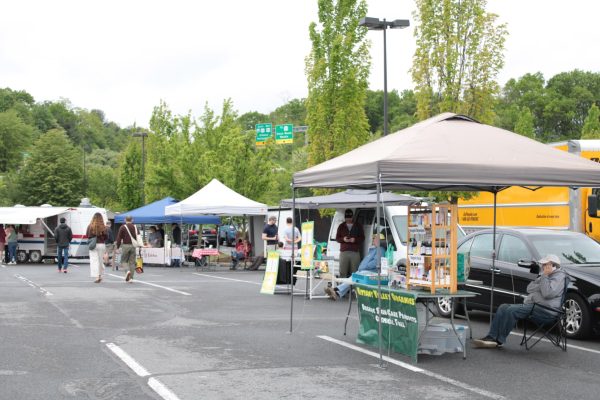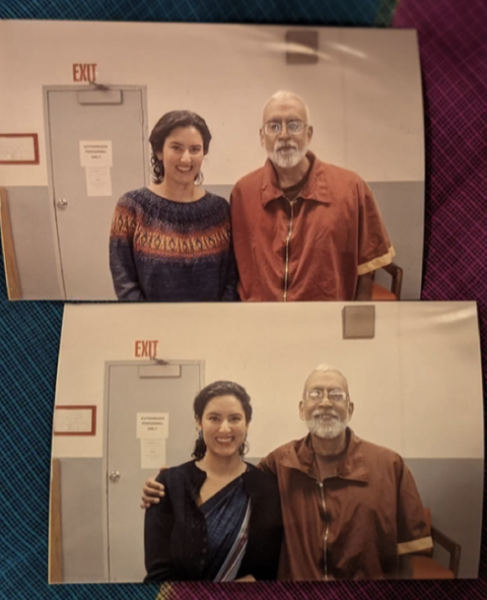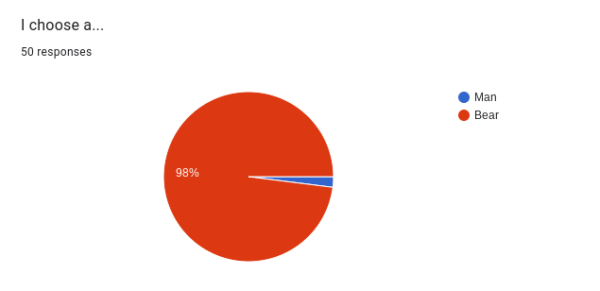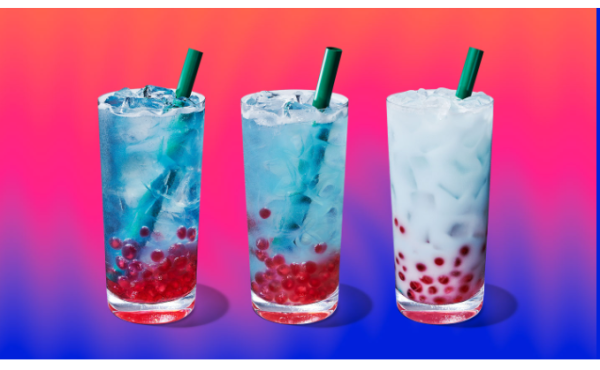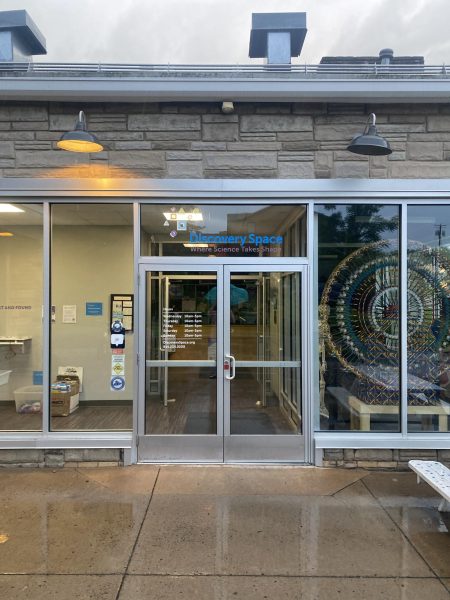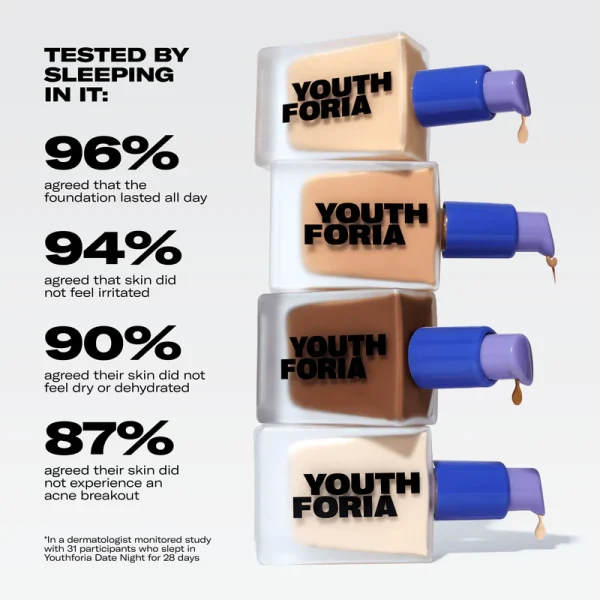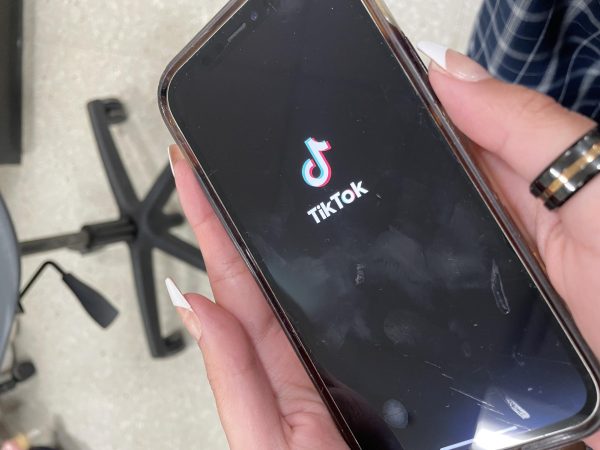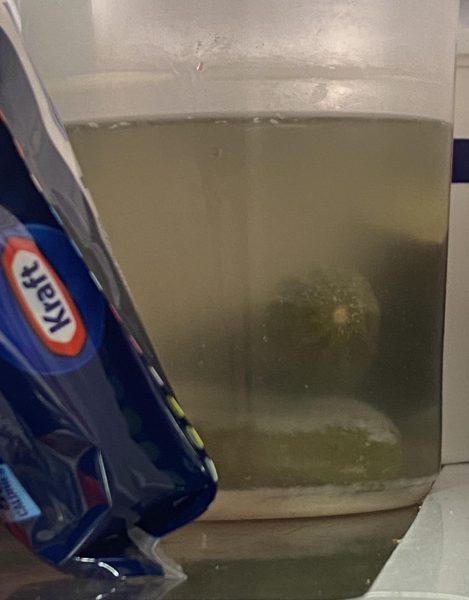Recycle your trash or trash your highschool
”We provide both silver and plastic utensils because students, and probably teachers too, throw them into the trash,” Theresa Ganow, supervisor for the food service program, said.
April 21, 2020
In 2020, people all around the world are demanding change in environmental policies to stop global warming and its consequences. And yet, at State High, plastic bottles and utensils are still everyday items.
It might seem easier to grab a plastic bottle rather than filling a reusable one. Or to get a plastic fork so there’s nothing to separate from the trash in your tray. Some people may even argue that disposables are cheaper. The truth is that trying to save seconds with their use ends up being a lot more expensive. We’re not only talking about money, we should keep in mind the cost we’re paying in a long-term. Minnesota middle schools have already made the move and changed to reusable utensils and bowls. The schools prevented 6,712 pounds of trash and are expected to save $23,000 over the next three years. Moreover, with the changes in manufacturing, they reduced their greenhouse gases by 77% and water consumption by tens of thousands of gallons.
The task of eliminating disposables from the cafeteria may seem daunting. Theresa Ganow, supervisor for the food service program explained that they are trying to reduce their carbon footprint. “We are using paper instead of plastics for fruit and vegetables,” Ganow said. “When we cut our fruit we recycle the skins, we recycle all the cardboard, plastic and cans.”
In regards to the use of disposables, Ganow said: “We’ve tried. And we tried very hard in the beginning. We were hoping the students would actually be on board with real plates. But we lost a lot of plates. We provide both silver and plastic utensils because students, and probably teachers too, throw them into the trash. We’ve gone to paper plates because it’s really expensive if people throw them away.”
While some students might think it’s pointless to make small changes, State High’s Environmental Club has been trying to take action. This year, they puts compost bins in the cafeteria. They take four bins out every lunch. You can compost food scraps, cardboard plates, bowls and wax paper, but no plastics or milk or juice boxes. “We take it to the State College Bureau,” Luly Kaye, sophomore and stand-in president of the Environmental club, said. “We are trying to get some more bins, but for now, we try to spread them around the cafeteria.”
I think it’s time for us to do something about it. It takes a few seconds to make a big difference. We’re given the ways to reduce our environmental impact with alternatives to plastic utensils, or having every option to recycle, including composting. It’s time for us to make the difference.

